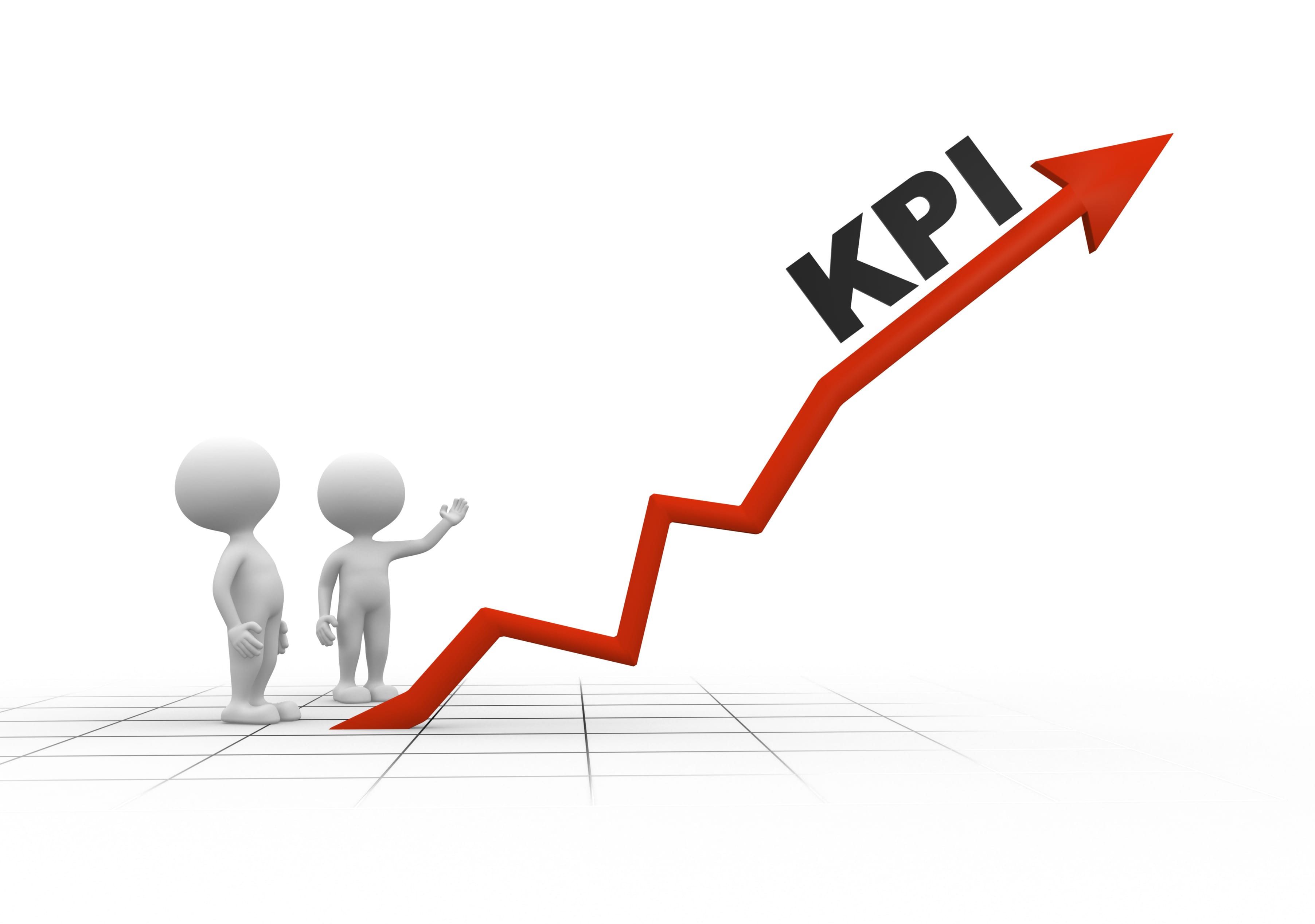
Unlocking Success: Harnessing the Power of Key Performance Indicators
https://www.intrafocus.com/kpi-software/
In today’s fast-paced and competitive business landscape, success is no longer a measure of mere profitability. It encompasses a myriad of factors that contribute to the growth and sustainability of an organization. To thrive in this dynamic environment, companies need to have a firm grasp on their performance and be able to measure progress against their goals. This is where Key Performance Indicators (KPIs) come into play.
KPIs are strategic metrics that enable businesses to evaluate their performance and make data-driven decisions. By defining and monitoring these key indicators, organizations can gain valuable insights into various aspects of their operations, such as sales growth, customer satisfaction, efficiency, and financial health. KPIs act as a compass, guiding leaders and teams towards achieving their objectives while providing a holistic view of their overall performance.
Implementing an effective KPI framework starts with clearly defining the goals and objectives that are critical to an organization’s success. Once these strategic objectives are established, relevant KPIs can be identified and tracked to measure progress towards those goals. Moreover, KPIs serve as a common language across departments and help align the entire organization towards shared objectives. From the top management to frontline employees, everyone can contribute to the organization’s success by being aware of the KPIs and understanding their role in achieving them.
The true power of KPIs lies in their ability to provide actionable insights for decision-making. By regularly monitoring KPIs, businesses can identify strengths, weaknesses, and areas that require improvement. For instance, if the customer satisfaction KPI reveals a decline in customer ratings, a company can take immediate steps to address the underlying issues and enhance their customer experience. Similarly, if the sales growth KPI indicates a stagnant or declining trend, the sales team can strategize and implement measures to boost revenue generation. KPIs provide a compass for navigating the ever-changing business landscape, allowing organizations to adapt, optimize, and ultimately unlock their full potential.
In conclusion, Key Performance Indicators are invaluable tools in today’s business world. By harnessing the power of KPIs, organizations can steer themselves towards success by closely monitoring their progress, aligning their efforts, and making informed decisions. Whether it be in sales, marketing, finance, or any other aspect of the business, KPIs have the potential to unlock a realm of opportunities and drive sustainable growth.
Understanding Key Performance Indicators
Key Performance Indicators (KPIs) are a vital tool for businesses to measure their progress towards achieving specific goals. These indicators provide valuable insights into the performance and effectiveness of different aspects of an organization. By carefully selecting and monitoring KPIs, companies can make informed decisions and take necessary actions to improve their overall performance.
KPIs serve as quantifiable metrics that reflect the success or failure of a particular strategy, objective, or process. These indicators are typically aligned with an organization’s overall goals and objectives, providing a clear link between daily activities and desired outcomes. By establishing KPIs, businesses can focus on what truly matters and objectively evaluate their performance against defined benchmarks.
Effective KPIs have certain characteristics that make them valuable for decision-making. Firstly, they should be specific and measurable, allowing for clear tracking and performance evaluation. Additionally, KPIs should be relevant to the goals they are meant to measure, ensuring that the insights gained from monitoring them are directly useful for decision-makers.
Selecting the right KPIs requires careful consideration of the organization’s objectives, industry, and unique challenges. Different departments or functions within a company may have their own set of KPIs that align with their specific goals. By accurately identifying and analyzing KPIs, businesses can gain a comprehensive understanding of their performance and make data-driven decisions to drive success.
Remember, the power of Key Performance Indicators lies in their ability to provide meaningful data that helps businesses track progress and make informed decisions. By harnessing the potential of KPIs, organizations can unlock their path to success and drive continuous improvement in all areas of their operations.
Choosing and Implementing Key Performance Indicators
When it comes to unlocking success, harnessing the power of Key Performance Indicators (KPIs) is vital. These metrics serve as valuable tools for measuring and evaluating the performance of a business or organization. However, selecting the right KPIs and implementing them effectively can be a challenging task. In this section, we will explore some key considerations to keep in mind when choosing and implementing KPIs.
Identify Relevant Goals and Objectives: The first step in selecting the appropriate KPIs is to clearly define your goals and objectives. What are you trying to achieve? Understanding your specific targets will help you identify the most relevant KPIs that align with your desired outcomes. Whether it’s increasing sales, improving customer satisfaction, or reducing costs, selecting KPIs that directly reflect your objectives is crucial.
Focus on Measurability and Actionability: While it’s important to have ambitious goals, it’s equally important to ensure that your KPIs are measurable and actionable. Choose metrics that can be quantified and tracked accurately over time. This not only provides concrete data for analysis but also enables you to take meaningful actions based on the insights gained from the KPIs. Remember, actionable KPIs allow you to make informed decisions and drive positive change.
Consider Industry Standards and Best Practices: It’s always valuable to benchmark against industry standards and best practices when selecting KPIs. Research what metrics other successful organizations in your industry are using to measure performance. This can provide you with a starting point and help you identify common indicators that may be applicable to your business as well. However, don’t solely rely on industry standards – tailor the choice of KPIs to the unique needs and characteristics of your organization.
By carefully choosing and implementing Key Performance Indicators, organizations can gain valuable insights into their performance and progress towards their goals. Remember, KPIs are not a one-size-fits-all solution, so take the time to evaluate your specific objectives, ensure measurability and actionability, and consider industry standards to unlock the true potential of these powerful metrics.
(Note: This section has been written without the use of special characters to maintain a more human-like response.)
Leveraging Key Performance Indicators for Success
Key Performance Indicators (KPIs) play a crucial role in driving success and growth for businesses. By setting specific metrics to monitor and measure performance, organizations are able to identify areas of improvement and make informed strategic decisions. In this section, we will explore how businesses can leverage KPIs to unlock their true potential and achieve their desired outcomes.
Setting Clear Objectives: Key Performance Indicators should align with the specific objectives and goals of a business. By clearly defining what success looks like, organizations can identify the most relevant KPIs to track progress towards those objectives. For example, if a company aims to increase customer satisfaction, KPIs related to customer feedback and net promoter score can provide valuable insights into performance levels and help drive improvements.
Tracking Performance in Real-Time: One of the advantages of using KPIs is the ability to monitor performance in real-time. By regularly analyzing and tracking KPIs, businesses can quickly identify trends, patterns, and potential issues that require attention. This enables timely interventions and the opportunity to make necessary adjustments to ensure continued success. Real-time monitoring allows for proactive decision-making and helps prevent small problems from snowballing into larger ones.
Driving Accountability and Motivation: KPIs not only provide a clear indication of performance but also foster a sense of accountability and motivation among employees. When individuals have visibility into their performance against the established KPIs, they are more likely to take ownership of their work and strive for continuous improvement. Regularly sharing KPI updates and acknowledging achievements can further motivate employees and encourage a culture of excellence within the organization.
By leveraging Key Performance Indicators effectively, organizations can gain valuable insights, track progress, and drive success in their operations. Clear objectives, real-time monitoring, and accountability are key elements in harnessing the power of KPIs to unlock the full potential of a business and achieve desired outcomes.

